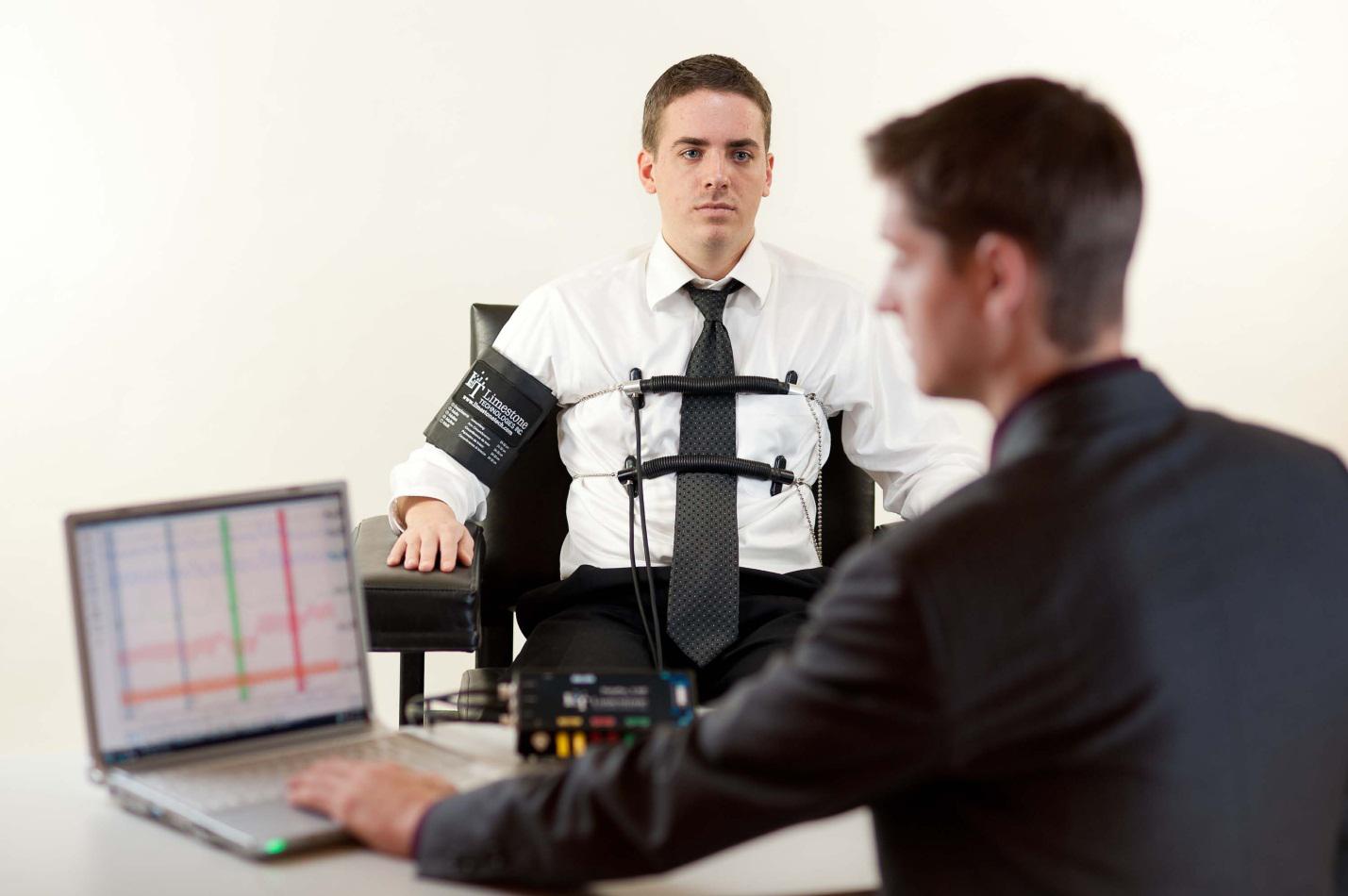
Welcome to a revealing journey into the realm of lie detector tests. Have you ever pondered the intricacies of this intriguing tool designed to uncover the truth behind deceptive words? Lie detector tests, scientifically known as polygraphs, have long been a subject of fascination and contention. They hold the promise of unraveling concealed truths and exposing deception, but also spark debate over their reliability and ethical implications. As we delve deeper into the world of lie detector tests, we embark on a quest to unveil the nuances and complexities that surround this controversial yet compelling technology.
History of Lie Detector Tests
Centuries ago, the notion of being able to detect lies captured the imagination of many. The earliest forms of lie detection involved physical tests such as having suspects chew rice and spit it out. It was believed that a dry mouth indicated deceitfulness, a practice that seems far removed from today’s advanced technology.
But it wasn’t until the early 20th century that the modern polygraph machine, considered the precursor of today’s lie detectors, was developed. With its capability to measure physiological responses like heart rate and blood pressure, the polygraph machine provided a more scientific approach to detecting deception. This development marked a significant milestone in the evolution of lie detector tests.
Over the years, lie detector tests have been both lauded and criticized for their accuracy and reliability. Despite ongoing debates about their efficacy, lie detector tests continue to be used in various settings such as criminal investigations, employment screenings, and even reality television shows. The history of lie detector tests is a testament to humanity’s perpetual quest for truth and the complexities involved in uncovering deception.
How Lie Detector Tests Work
Lie detector tests, also known as polygraph tests, operate based on the principle that physiological changes occur when someone is being deceptive. One of the primary components of a lie detector test is the measurement of physiological responses such as changes in blood pressure, heart rate, respiration, and skin conductivity. These responses are monitored through sensors attached to the individual undergoing the test.
During a lie detector test, the individual is asked a series of questions, and their physiological responses are recorded on a polygraph machine. The baseline responses to neutral questions are established to compare with the responses to relevant questions. When a person is deceptive or withholding pertinent information, there are typically noticeable variations in their physiological responses, which the examiner interprets to determine deception.
Lie detector exam
Critics of lie detector tests argue that physiological responses can be influenced by various factors other than deception, such as anxiety or nervousness. Despite the criticisms, polygraph testing continues to be utilized in certain settings, such as criminal investigations and pre-employment screenings, as an additional tool to assess truthfulness.
Accuracy and Controversies
Lie detector tests are widely used for various purposes, including in criminal investigations, employment screenings, and relationship matters. Despite their popularity, the accuracy of these tests has been a subject of debate among experts. While proponents argue that lie detectors can detect deception with a high degree of accuracy, critics point out that the results can be influenced by various factors, such as the individual’s emotional state, cultural background, and even the skills of the examiner.
One of the main controversies surrounding lie detector tests is their reliability in determining truthfulness. Some studies suggest that the accuracy of polygraph tests may vary depending on the context in which they are used. For example, in high-stakes situations where the consequences of deception are severe, individuals may experience heightened stress levels that could potentially impact the test results. This raises questions about the ethical implications of relying solely on lie detector tests to make important decisions.
Moreover, the use of lie detector tests raises privacy concerns and legal challenges. In some jurisdictions, the results of polygraph tests are not admissible as evidence in court due to their controversial nature and the potential for inaccuracies. This has led to ongoing debates about the reliability and validity of lie detector tests, with some experts calling for more rigorous standards and regulations to ensure their proper use and interpretation in various settings.


